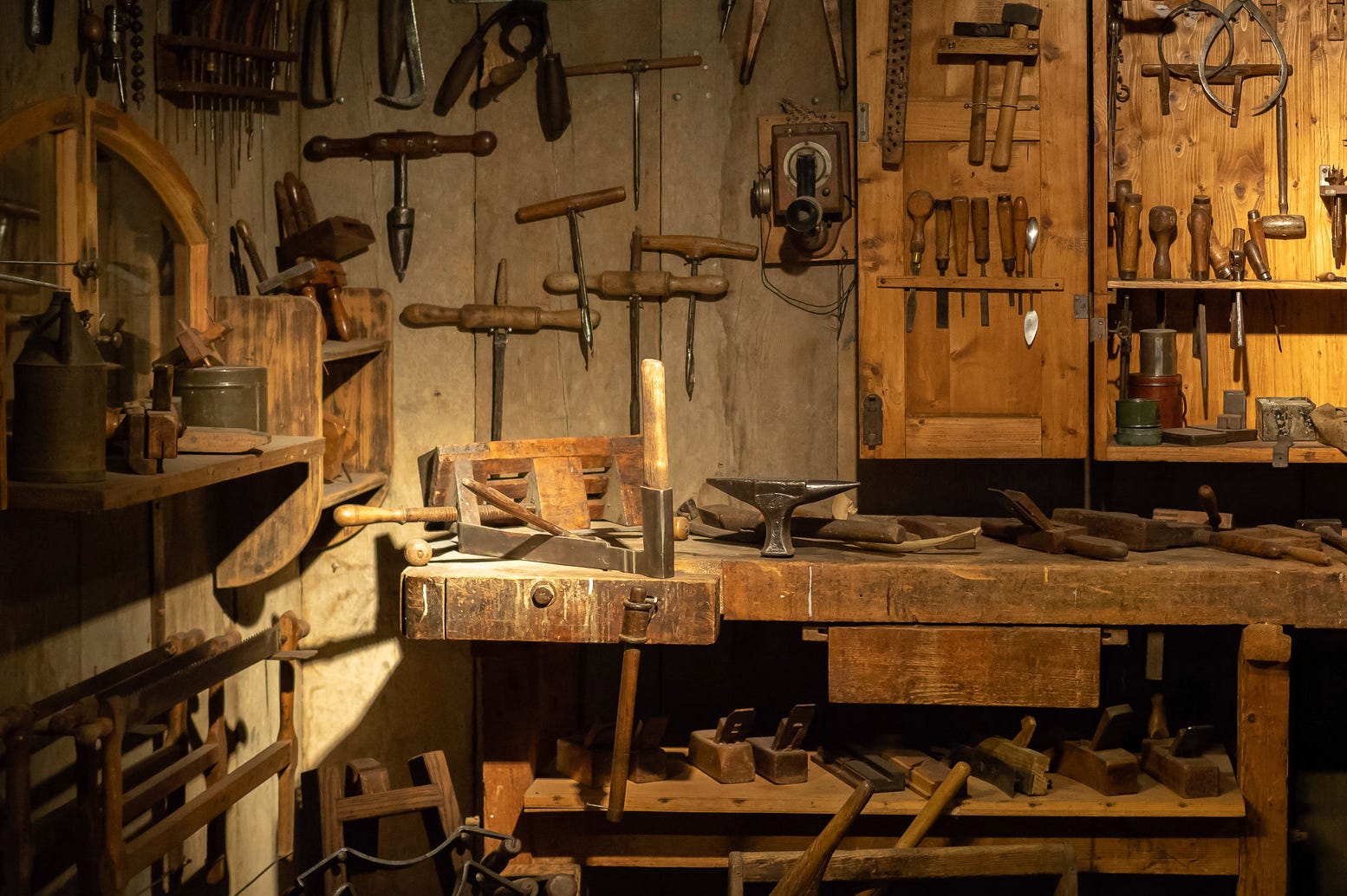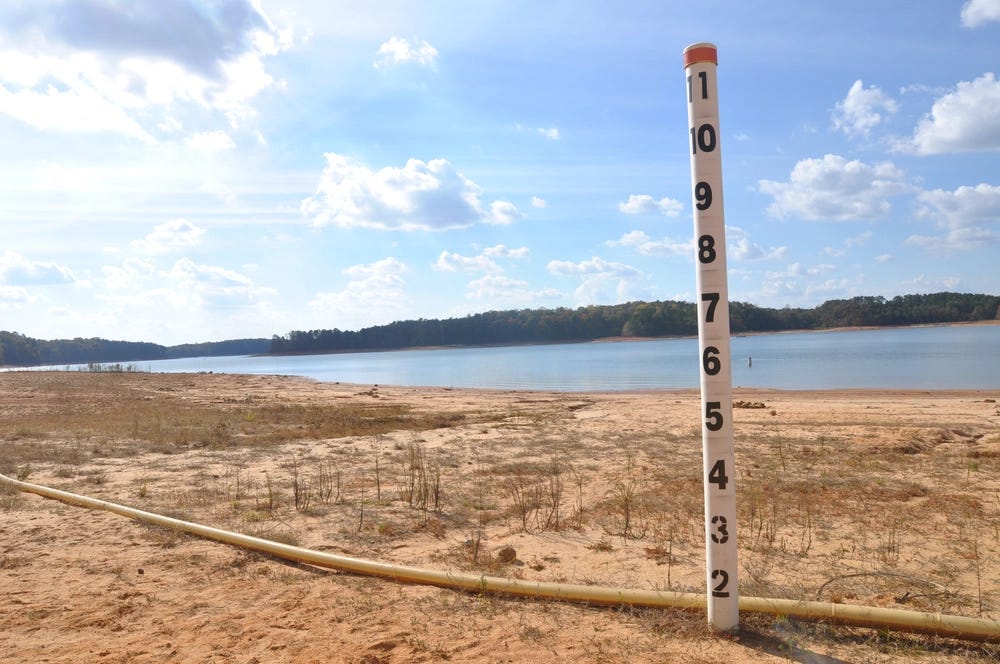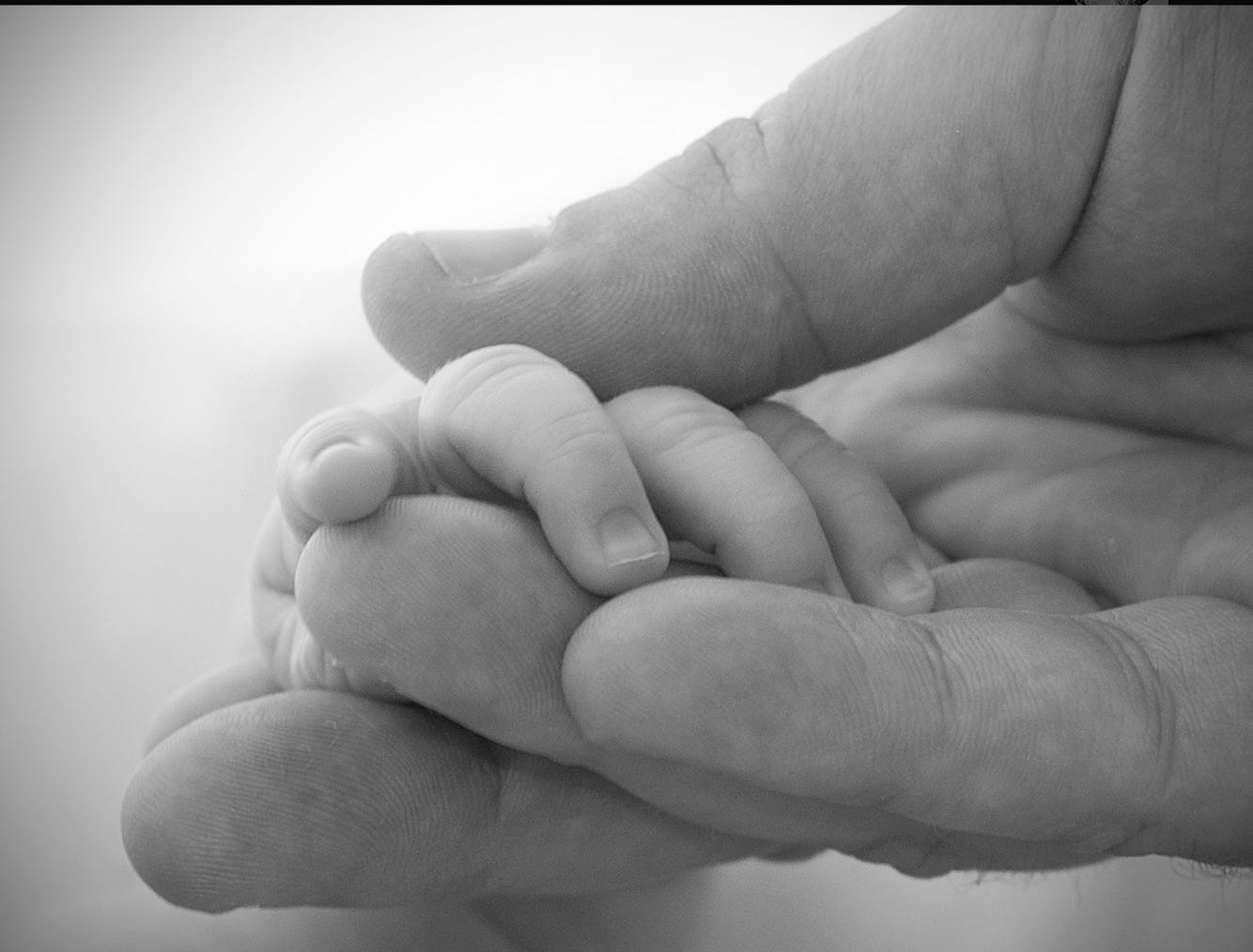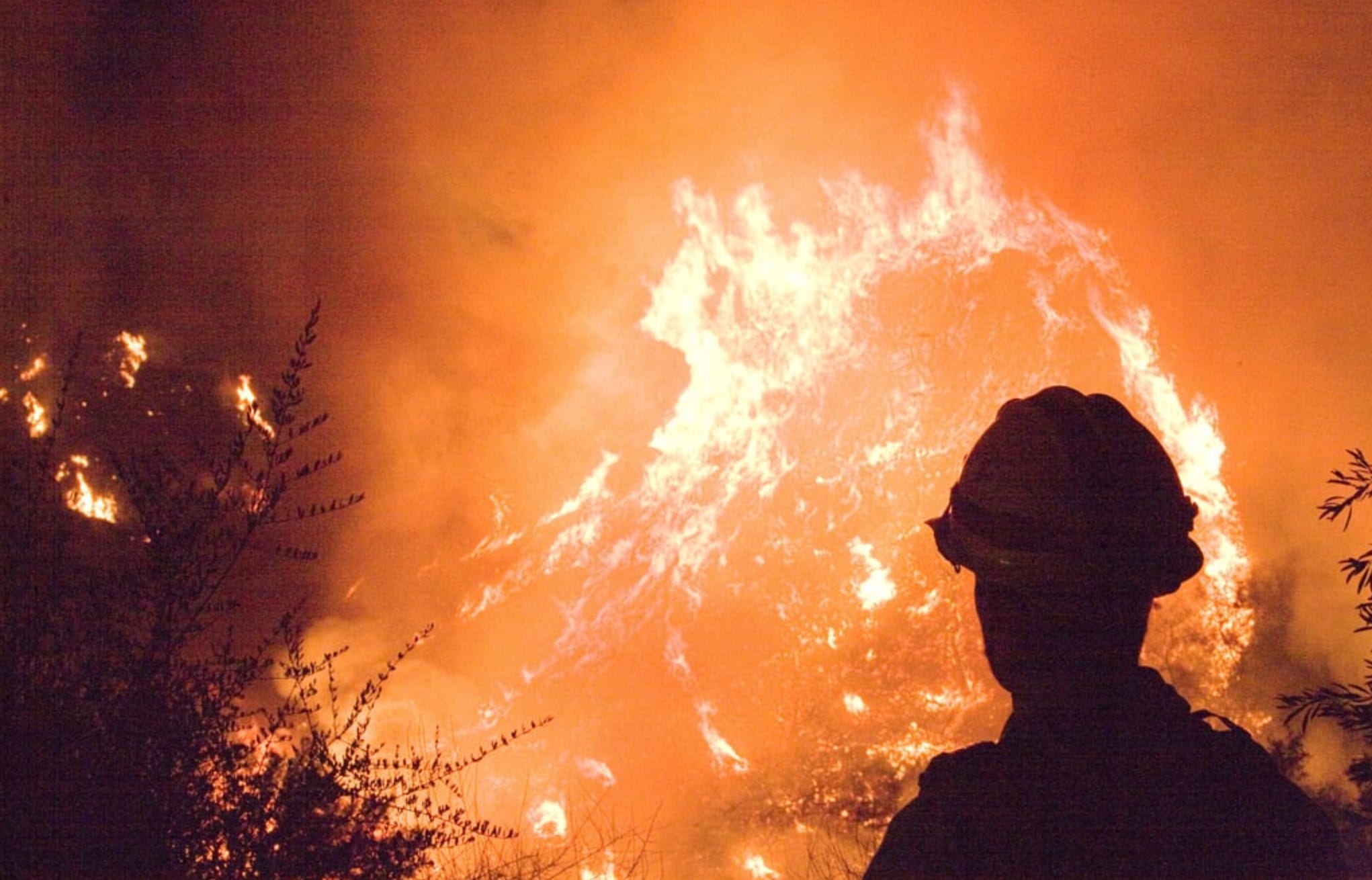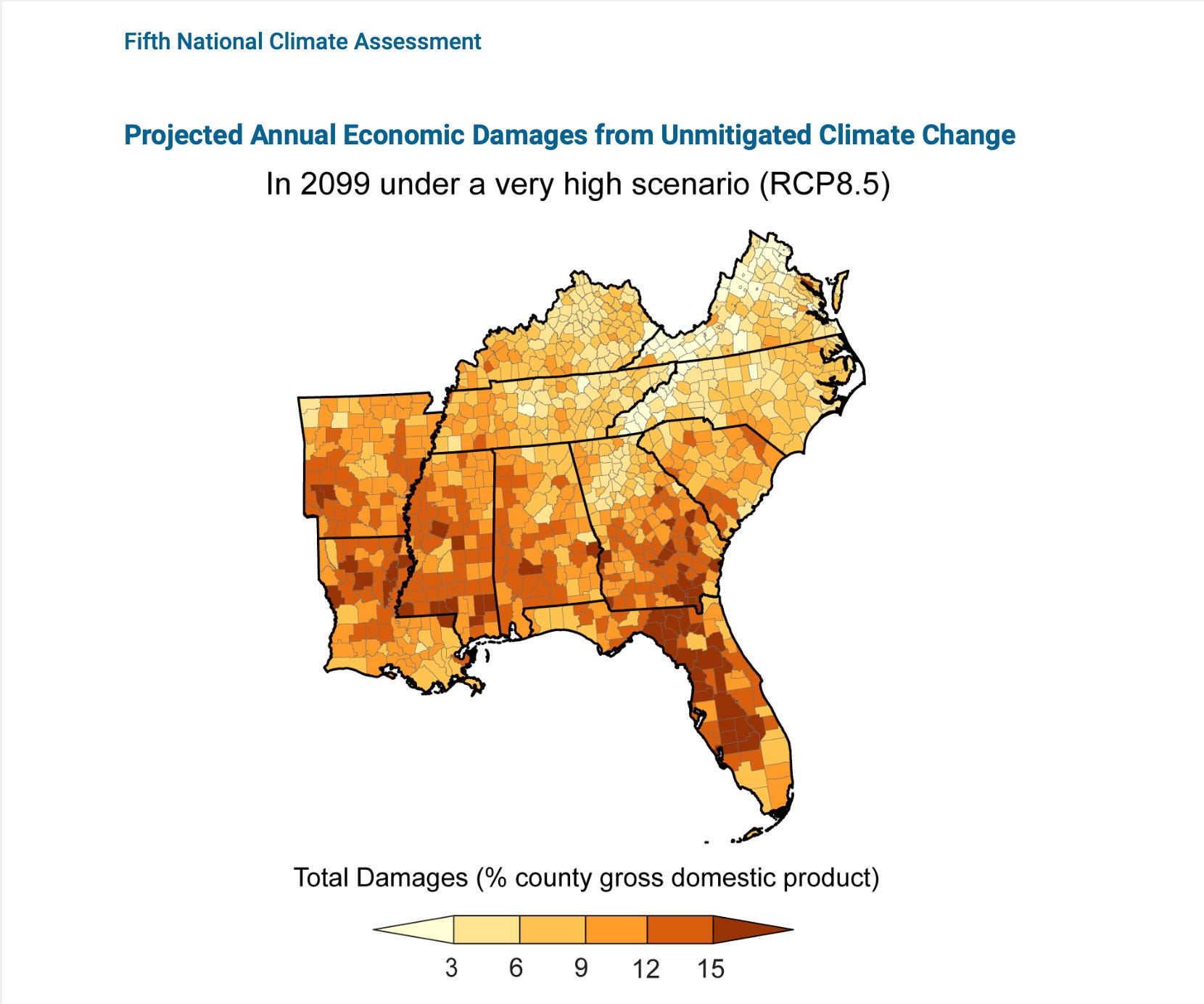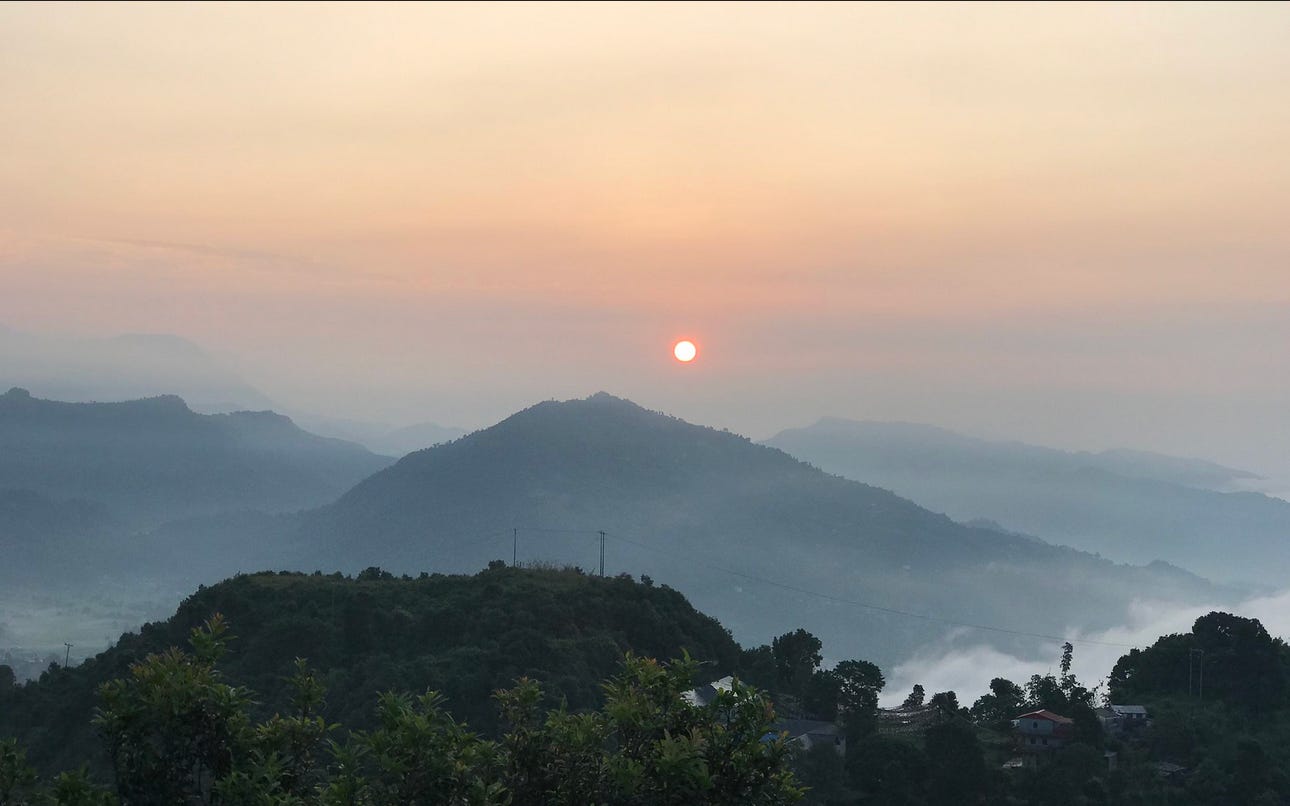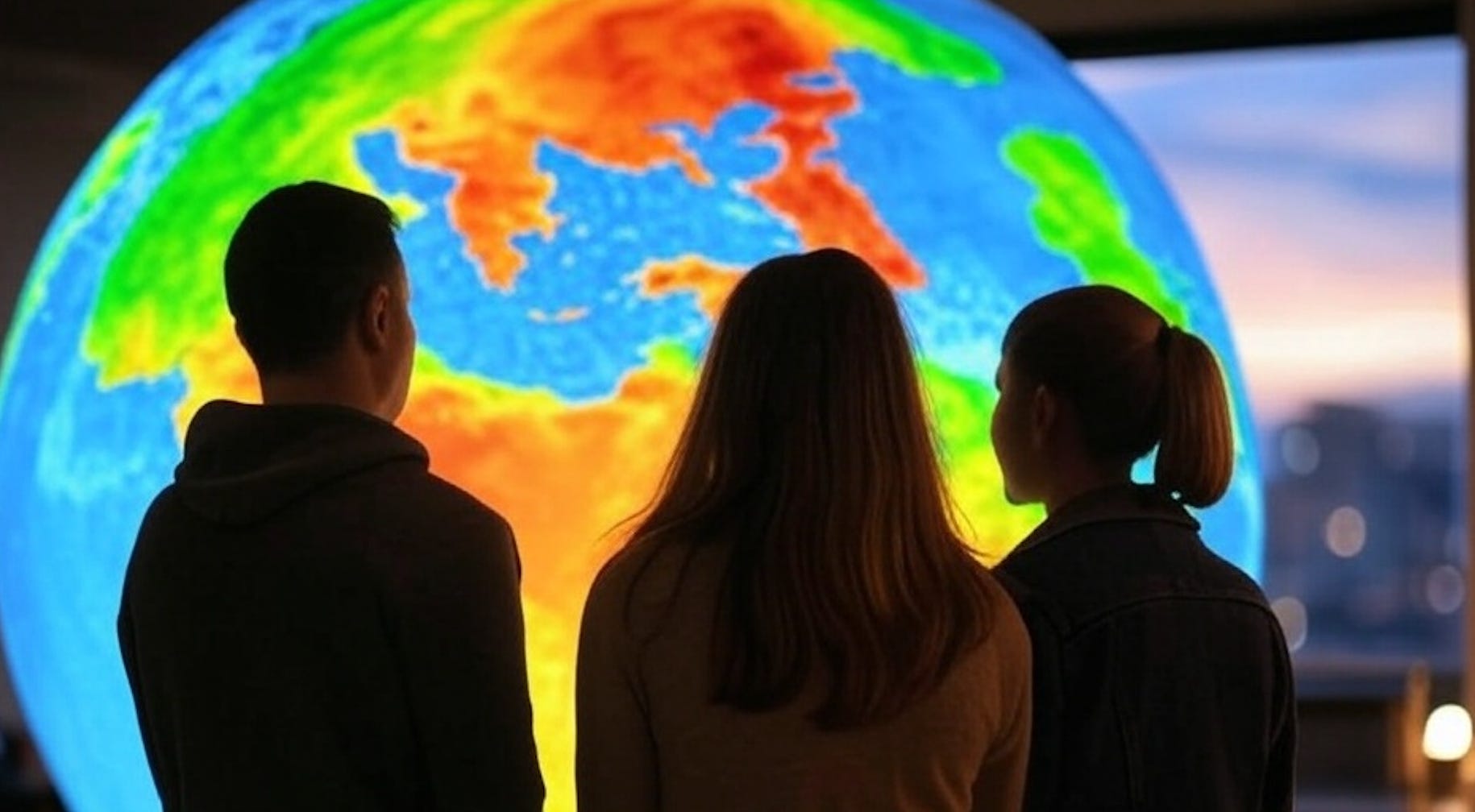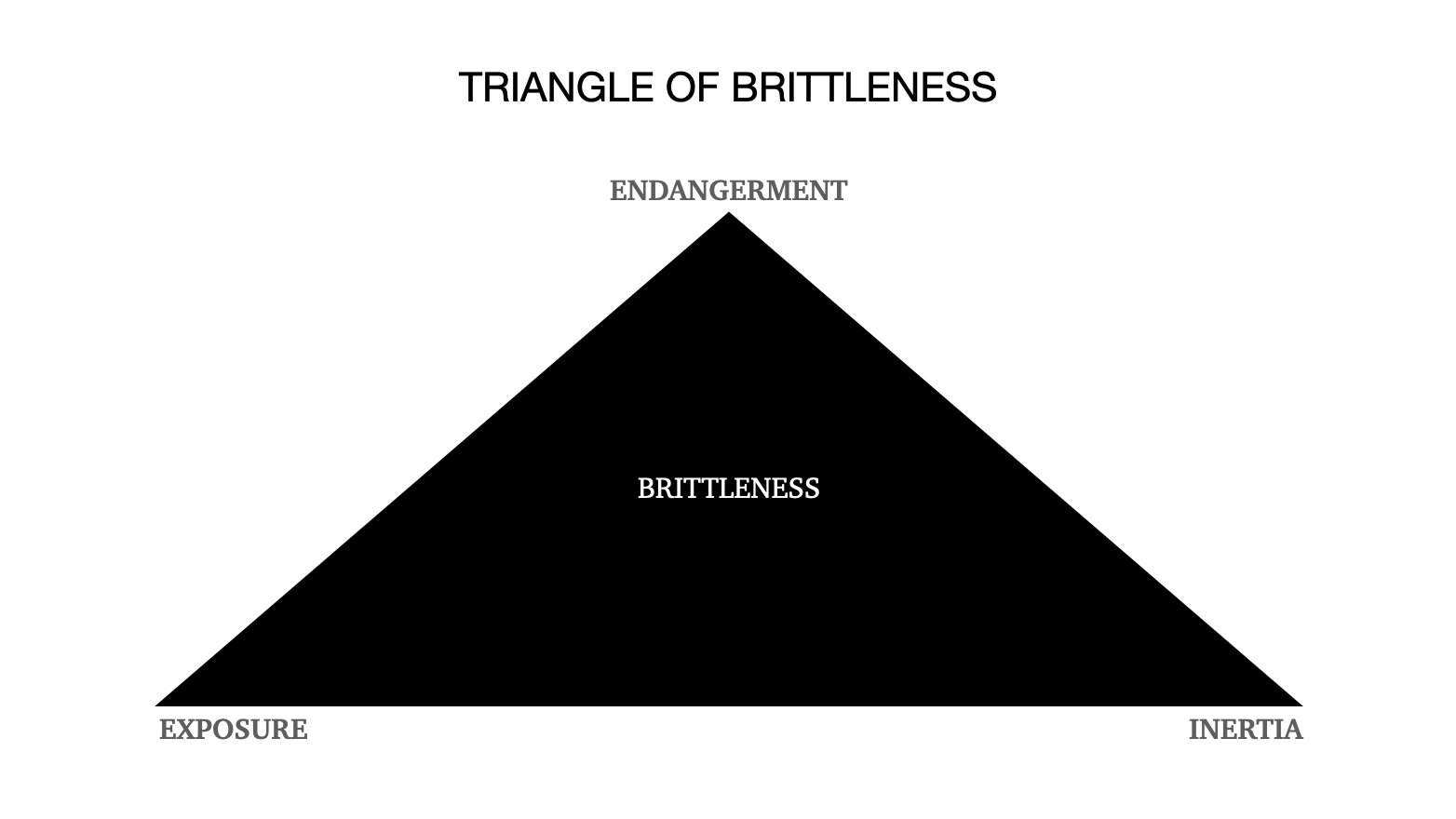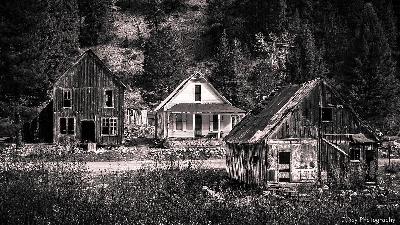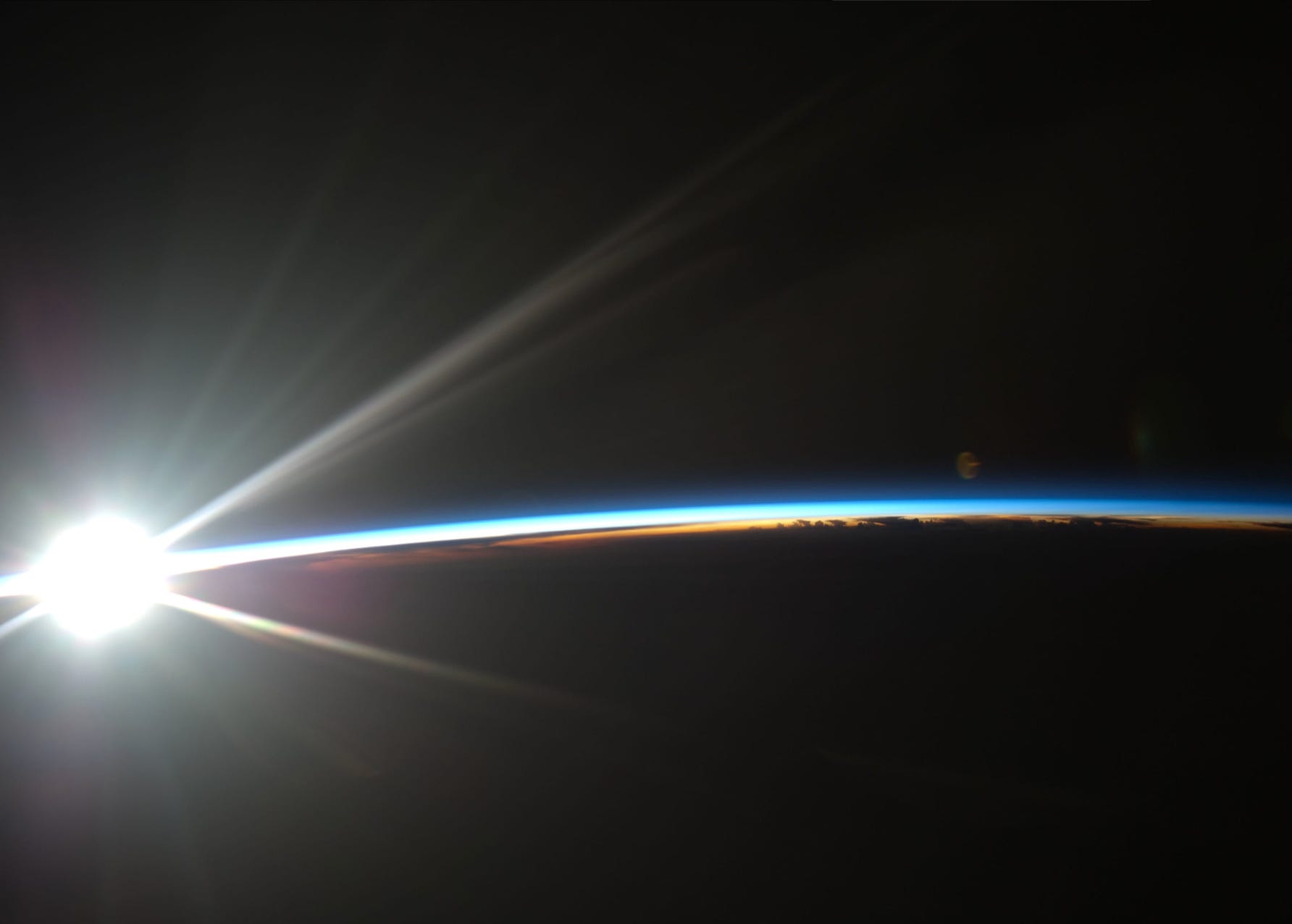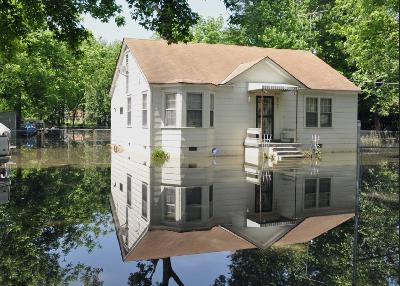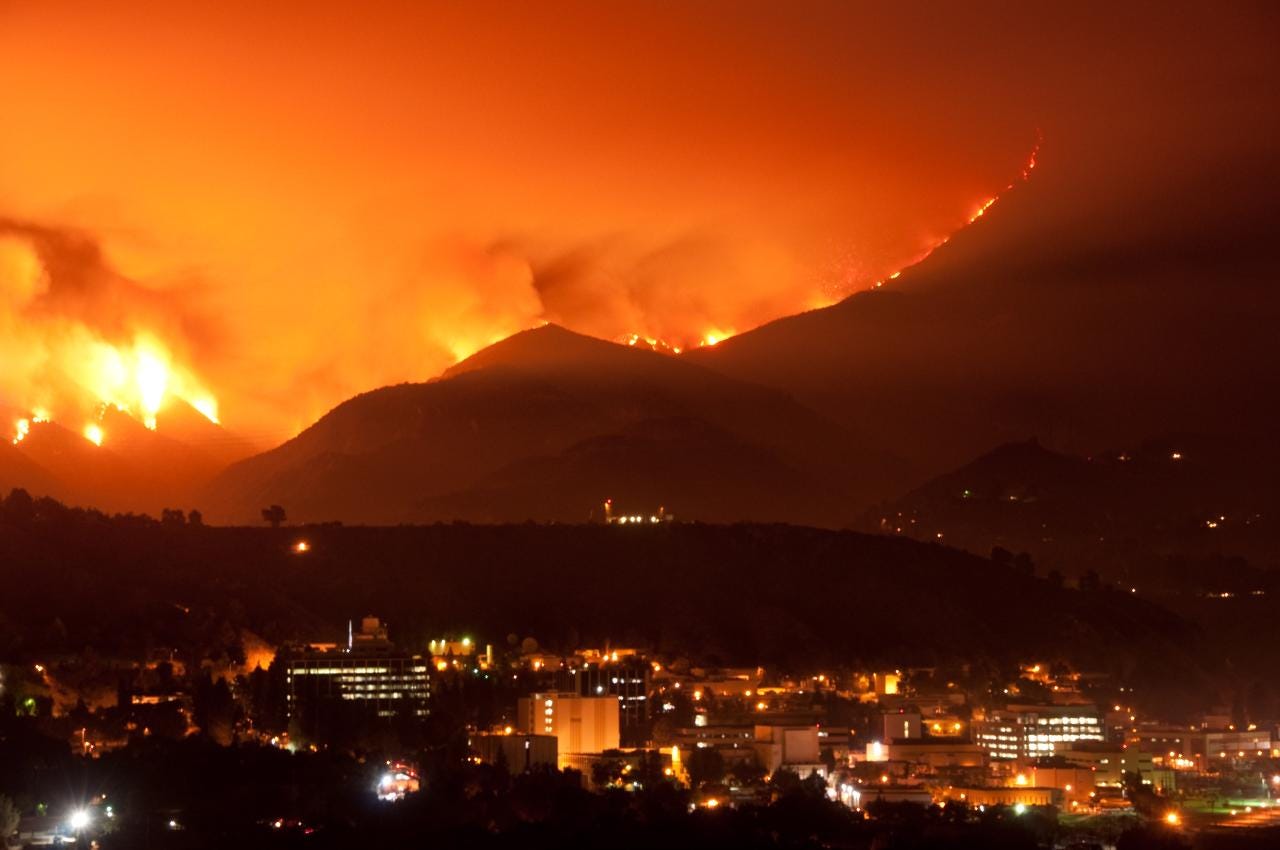Tools for Tempestuous Times
Description
My intensive Crash Course in Personal Ruggedization begins next week.
Five, two-hour classes held via Zoom on Tuesdays and Thursdays (March 11th, 13th, 18th, 20th and 25th). A 90 minute wrap-up Q&A discussion on Thursday, March 27th. Class Times: 11:00 am Pacific Standard Time (PST)
Ready to sign up? Click the button below.
Or click this link https://app.acuityscheduling.com/schedule/21f79c52/?appointmentTypeIds[]=73970428
Friends,
If you feel your compass spinning these days, you are definitely not alone.
The sheer speed of planetary change and the chaos unfolding in our politics, economy and international affairs feels wildly disorienting, even before we add this surge of disinformation, climate denial, criminality and predatory delay.
If it was hard plotting a course through the major discontinuities of climate and ecological chaos before, it can now feel completely bewildering.
But it’s never been more urgent to have your own plan, and not wait for someone official to tell you what to do.
That’s because, as I’ve said,
Collective climate action is no longer a substitute for individual climate readiness.
The crisis is here, and no society is ready. No matter what we all do together to limit the crisis, we’re each personally going to have to prepare ourselves for life in a hotter, more chaotic world.
As climate adaptation researcher Jesse Keenan sums it up, “You’re on your own.”
No one is coming to save you and your family from the escalating dangers and disruptions around you.
Even in the most-fortunate, best-governed and wealthiest communities on Earth, your family’s security and prosperity still depend on you taking responsibility for your own future.
You need a strategy for ruggedizing your life.
The mayhem we’re seeing in Washington DC and around the world only makes embracing that responsibility yourself more urgent.
These are not easy decisions to make on your own.
—
So many people are facing tough decisions on a tight timeline right now.
Does this sound familiar? You might be...
* Growing more alarmed about the climate and ecological dangers around you
* Relocating due to recent fires or flooding (or other climate-related impacts) and needing to quickly choose a new place to live.
* Weighing if you should sell your home, and how soon.
* Considering the ramifications of rebuilding in a climate-impacted location.
* Feeling unsure about how to assess the pros/cons of a potential property or getting lost in risk maps and climate ratings.
* Wishing you had a coherent, expert framework for assessing relative safety when considering a move, whether you're moving across town or to a different country.
* Helping others navigate these kinds of complex choices, as a real estate agent, investment advisor, consultant, therapist, teacher or coach, and wanting to better serve them.
* Wanting to learn in a group of thoughtful people who take these issues as seriously as you do.
In this crisis, speed is everything.
The planetary crisis is worsening fast, climate costs are rising, and competition for homes in relatively safe communities is increasing.
Well, my six-session A Crash Course in Personal Ruggedization works fast. It delivers concentrated insights, real-world examples, select readings, and discussions to give participants a strong foundation for making clear-headed choices in discontinuous times.
I don’t give simple answers to what are deeply complex problems, but I do equip you to make better decisions.
—
The next Crash Course starts a week from today.
Five, two-hour classes held on Tuesdays and Thursdays (March 11th, 13th, 18th, 20th and 25th). A 90 minute wrap-up discussion on Thursday, March 27th. Class Times: 11:00 am Pacific Standard Time (PST) (Classes will be recorded, and recordings will be sent following each class.
The deadline is midnight, this Sunday, March 9th. click this link to sign up:
https://app.acuityscheduling.com/schedule/21f79c52/?appointmentTypeIds[]=73970428
—
In this crash course, we’ll cover five main topics:
MAKING SENSE OF A COMPLEX CRISISClimate chaos means the world no longer works the way it used to, and things are getting stranger by the day. How do we understand this crisis? How it is discontinuous with the expectations we were raised to have? How bad could it get? What are we preparing for?
SCOUTING FOR RELATIVE SAFETYPlace is the prime pivot point of all climate strategy. How do we judge regions and assess their risks? What are the major risks to look out for, and how do we measure them for any given region? What is relative safety, and where can we find it? Should we move across the world, or across town — or dig in where we are?
FINDING (OR BUILDING) COMMUNITIES THAT WORK IN TURBULENT TIMESIn any given area, some communities will respond in ways that help their citizens thrive, and some will fail. What is climate brittleness and why is it so dangerous to our prospects? How do we evaluate cities and local efforts? What are some of the indicators of places that are being built and governed to be more rugged in the face of climate chaos? How do we buffer against political upheaval?
MAKING A HOME THAT CAN WEATHER THE STORMHow do we pick a specific place to build our future? What should we look for in a home, a neighborhood and a community? What are the costs and benefits of urban, suburban and exurban lives? How do we move quickly enough to outpace the coming climate-driven housing bottleneck? What are the opportunities and perils of relocation in politically turbulent times? Why might the best-sited and best-run places see boom times in the coming decades?
CLIMATE-PROOFING OUR LIVES AND FAMILIESHow do we start building a rugged life, in all parts of life? What’s most important to us as people as we build our personal climate strategy? How do we align our family and household, career and investments, citizenship and ethics to new realities? How might we talk with our family, friends, neighbors and colleagues to include them in our planning? How do we make this crisis into an opportunity for deeper connection and purpose?
By the end of March, it is our goal to help you feel more confident in:
* Making clear decisions in the face of unprecedented planetary discontinuities;
* Assessing climate risks and trends (present and future);
* Planning your family's climate strategy (where to live, how to ruggedize your life, and how to bring climate foresight into the wide range of decisions this crisis is influencing);
* Feeling more grounded, more at home in the present and ready for the future.
It’s getting pretty damn real out there, folks, but 2025 can be the year you make yourself ready for what’s on its way.
In the last five years, I’ve taught more than a dozen courses, with more than 400 participants, and had hundreds of other one-on-one conversations with folks about their plans for responding to climate discontinuity in their own lives. I’ve built a course that reflects everything I’ve learned in the process.
Questions? Here are some of the ones we get asked the most:
1) Is this course designed for people outside of the U.S., too?
Yes! While most of the examples and maps are from a U.S. context, I have traveled extensively for years, and can toggle contexts easily. The most important insights are universal.
2) What if I'm most interested in ruggedizing my business? Will this course help?
To make smarter personal choices in the face of the climate crisis, we learn to see (and anticipate changes in) the interconnected systems around us. Those same insights can also help us make better decisions in business and investing.
3) I can't make all the classes, are they recorded?
Every call is recorded and shared with the participants. Live attendance is not mandatory (though it is encouraged).
4) Will this course detail specific places that are safer to live?
Much of this class is about choosing safer places to relocate to. I don't recommend specific places (in part because each person has their own needs), but I provide a straight-forward framework for choosing a place to go and discuss the pros and cons of certain areas. A number of past participants have found this criteria clear enough to pick safer homes and relocate (including two participants who relocated out of the path of the LA fires before those wildfire struck).
5) How much interaction is there? How much access will I have to Alex?
We do 30 minutes or so of group discussion at the end of every class, and there is a 90 minute group Q&A wrap up call at the end. I am available to an

